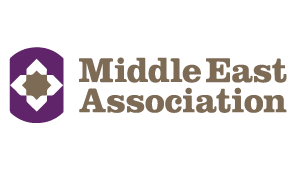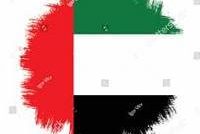Economic activity in the UAE is regulated by each individual Emirate as well as by the Federal Government. Dubai has taken the lead in constructing/developing a relatively unrestricted environment in which to do business. Competition is very keen in established sectors. Breaking into an existing market means newcomers have to work hard to capture a share. Newcomers need to find competitive advantages, for example, better quality, faster delivery, lower prices or newer designs.
Other opportunities exist alongside notable joint public / private stock companies. An example is Dubai Investments, a Public Joint Stock Company, which is developing a 3180 hectare industrial park on the outskirts of Dubai. The company has interests in the manufacturing of consumer goods, communications, light industry, high technology and environmentally friendly acquisitions. Their core business is investment in viable projects that have the potential for growth across all economic sectors.
The majority of local governments and federal ministries based in Dubai are required to purchase through local agents, who may also assist in marketing and sales, although it is still possible for a company outside the UAE to sell directly to contractors. Generally, price is the most important factor in promoting sales, although it is evident that product quality and after-sales service are also important selling factors in the UAE market. Advertising and participation in sales promotions and trade exhibitions is often helpful for raising consumer awareness and gaining market share, but effectiveness will vary according to product.
The period from September-June sees a variety of trade exhibitions and conferences in a broad range of sectors including information technology, education, interior design, construction and health. Exhibitions and trade fairs are also held in Sharjah, Ras Al Khaimah and Fujairah.
- Strengths of the market
- Dubai is regarded as a regional hub
- No taxation on personal income and capital gains
- English is widely spoken and accepted as business language
- Entry route to other GCC countries
- UAE is the UK’s largest export market in the region
- Majority of UAE population are expatriates with 120,000 UK residents
The UAE offers major business opportunities in the Middle East with the following priority sectors identified by the federal government;
- Energy
- Travel and tourism
- Financial services
- Professional services
- Transport and logistical services
- Construction
- Education and healthcare
- Routes to market
Apart from the obvious distinct advantages of having a physical presence in the market place, one important consideration is that businessmen in the Middle East prefer to meet, in person, those they may wish to do business with. It is important to invest time in building relationships with potential customers or partners.
Under federal legislation, the principal relevant options available for conducting business in the UAE are:
- participation in a local company or other commercial entity
- establishment of a branch office
- establishment of a branch or subsidiary in one of the Free Zones of the UAE
- appointment of a commercial agent or distributor.
Which of the above options is the most appropriate will usually depend upon the nature of the activities proposed to be undertaken and it may be that a combination of the options outlined is appropriate for your particular business.



